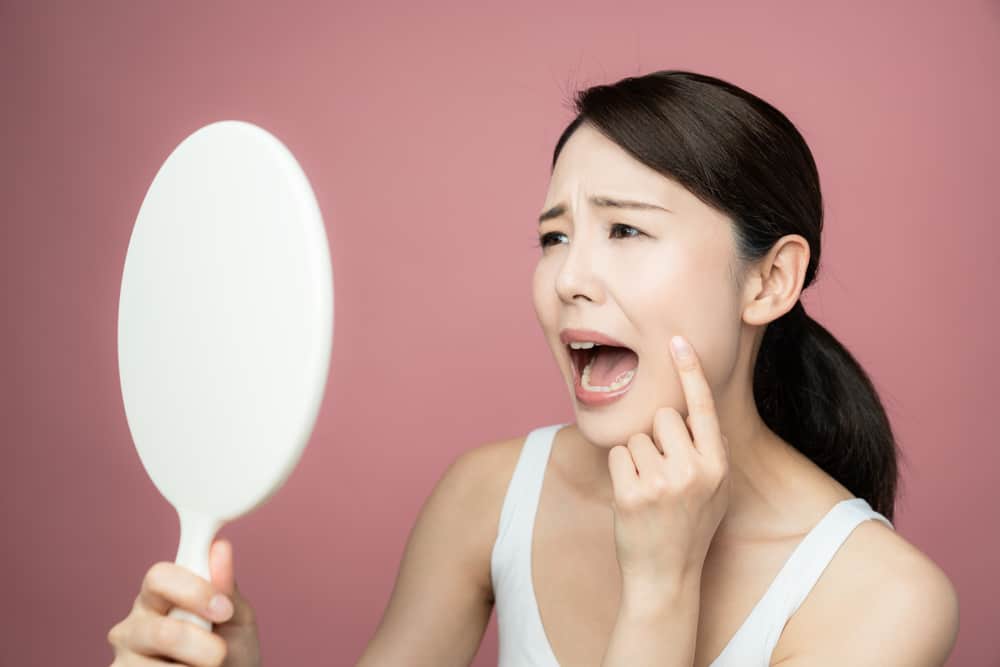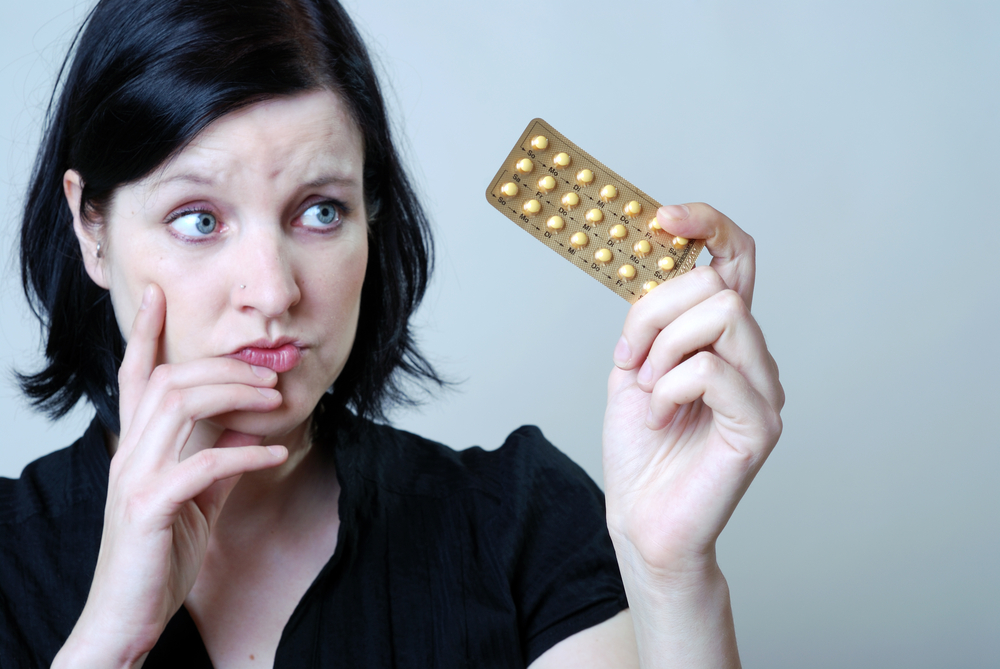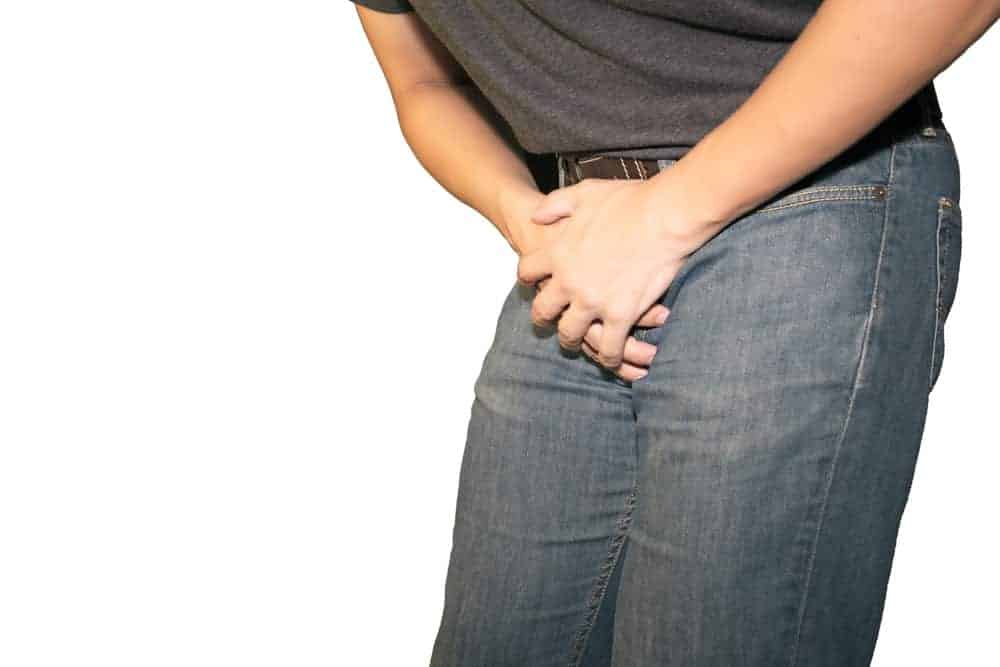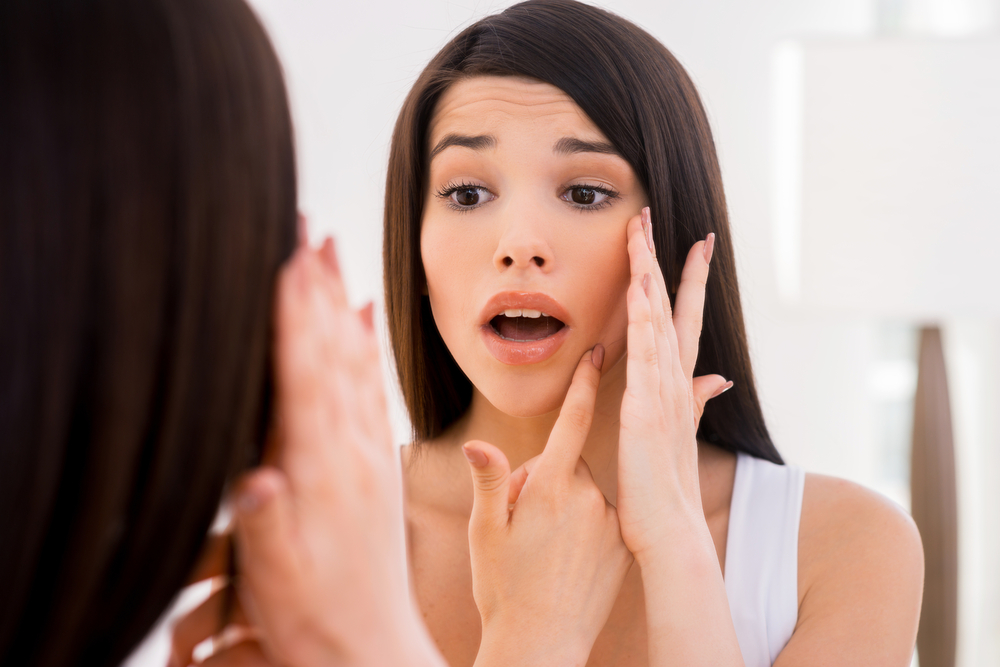Contents:
- Medical Video: YOU LOOK DISGUSTING
- Is it true that acne can be a trigger for depression?
- And vice versa, depression can trigger acne
Medical Video: YOU LOOK DISGUSTING
The appearance of zits often disturbs many people. Acne often makes some people less confident. As a result, it is not uncommon for many people to become very stressed due to the appearance of pimples on the face. However, is there a connection between acne and depression? Is acne a trigger for depression? Here's the explanation.
Is it true that acne can be a trigger for depression?
The relationship between acne and depression has long been studied, especially in adolescents. However, some experts attribute the appearance of depressive symptoms to specific medications for acne such as isotretinoin.
However, a study in the British Medical Journal reported that the drug itself might not be related to depression. While Swedish researchers report that acne can increase the risk of depression and suicide attempts.
This is because acne is a problem of facial appearance, which often makes people less confident or ashamed of the pimples on their face.
People who have acne will usually look for various ways to eliminate them. If he does not find the right way, he will continue to think about how these zits affect his daily life. Finally, this can be a trigger for depression.
Especially in adolescence, appearance may be important. The presence of zits often makes people mock and invite their own anxiety about other people's judgment. If it is allowed to drag on, acne which is a skin problem can develop into a trigger for depression, which is a mental health problem.
And vice versa, depression can trigger acne
The relationship between acne and depression is actually like a cycle. Acne can be a trigger for depression, and vice versa acne can also appear as a complication of depression.
Even depression can worsen your acne condition. This is because depressed people may be less likely to care for themselves, let alone carry out comprehensive treatment for facial skin.
A study shows that acne can cause severe depression, and this risk is highest in the first year after you have acne.
The study, published in The British Journal of Dermatology, analyzed data from nearly 1.9 million men and women for 15 years. The researchers compared the mental health of more than 134,000 people with zits and 1.7 million people who did not have acne.
After taking into account other risk factors for depression such as mental conditions, smoking habits, and drinking alcohol, the researchers found that the likelihood of developing depression jumped 63 percent the following year after the appearance of acne. Even this risk continues to increase up to five years when compared to people who do not have acne.
People who have acne are very susceptible to symptoms of depression such as crying frequently, mood easy to change, difficulty sleeping, not energizing, withdrawing from social life, and often having problems in school or office.
If you experience these things, you need to be aware that you may be experiencing symptoms of depression caused by your acne condition.
However, keep in mind that depression is a fairly complicated mental illness. The cause cannot be reduced to acne. There are still many other factors that also affect depression. For example have psychological trauma, unbalanced hormones, unhealthy lifestyles, and others.












